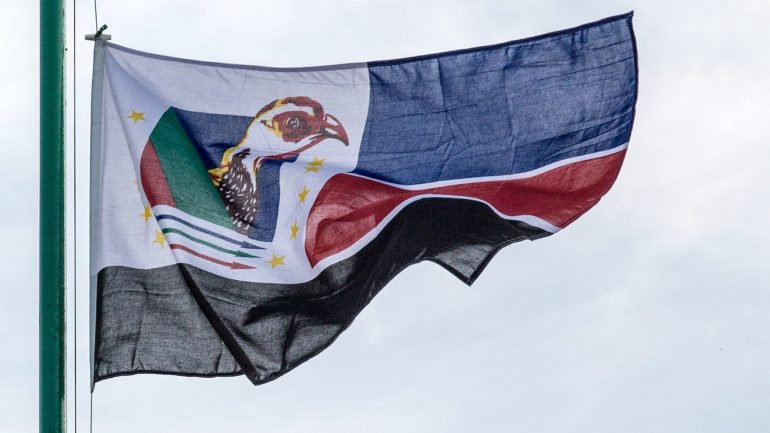Mozambique: Government claims sharp fall in child mortality
Renamo threatens demonstrations

in file CoM
Mozambique’s main opposition party, the former rebel movement Renamo, on Monday reiterated that it does not recognise the results of the general and provincial elections held on 15 October, and threatened to hold protest demonstrations across the country.
The Constitutional Council, Mozambique’s highest body in matters of constitutional and electoral law, validated and proclaimed the results on Monday. Renamo boycotted this ceremony and said it would give its reaction to the Constitutional Council ruling at a press conference that afternoon.
After keeping journalists waiting for well over an hour, the spokesperson for the Renamo National Political Commission, Alfredo Magumisse, said “Renamo will call demonstrations on a national scale, in terms of the Constitution and of the laws in force in Mozambique, in order to repudiate these elections and restore the truth”.
The results validated by the Constitutional Council gave the Frelimo presidential candidate, Filipe Nyusi, standing for a second term, 74 per cent of the vote. Renamo leader Ossufo Momade came second with 21.5 per cent.
In the parliamentary election, Frelimo took more than two thirds of the vote. Frelimo will have 184 seats in the new parliament, Renamo 60, and the second opposition party, the Mozambique Democratic Movement (MDM) just six. This overwhelming majority will allow Frelimo to change the constitution on its own, if it so wishes.
Frelimo also won a majority of seats in all ten provincial assemblies, which means that all the provincial governors will be from Frelimo.
Asked when the Renamo demonstrations will take place, Magumisse said no date has yet been fixed, because “some discussions” must still take place within Renamo.
“It’s a decision and Renamo must sit down and discuss the procedures to make it effective. Right now I can’t say when”, he added.
He claimed that the Constitutional Council’s validation of the results “knocks down all the efforts that have been made to build democracy in this country. Renamo has no way out other than to stay on the side of the people and on the side of democracy”.
Renamo has never accepted the results of any Mozambican elections – even the first multi-party elections, in 1994, which the then United Nations representative in Mozambique, Aldo Ajello, described as “the best elections ever held in Africa”.
Renamo has frequently threatened demonstrations, but only once did it carry out the threat. That was in 2000, when the demonstrations were protesting against the results of the 1999 elections.
The result was disastrous. While the protest march in Maputo passed off peacefully, in other parts of the country there were bloody clashes between Renamo demonstrators and the police, including a mini-insurrection in the northern town of Montepuez.
Renamo’s claim that the October election results were due to “megafraud” runs into several obstacles. First, Renamo made very few protests at the time against the polling station counts or the district tabulation of results.
At Renamo’s insistence, the law was changed in 2014 to allow initial appeals to be made, not to the electoral management bodies, but to the district courts. Yet in October, there were only 58 appeals to district courts, and when most of these were rejected, only 18 were appealed further, to the Constitutional Council.
There were 20,162 polling stations – so in the overwhelming majority of these Renamo did not lodge any protests against fraud or irregularities. This does not mean that the elections were clean, but it does mean that Renamo cannot prove otherwise.
Furthermore, the gulf between Nyusi and Momade of over four million votes is far too large to be explained solely by fraud. A calculation made by the “Mozambique Political Process Bulletin, published by the anti-corruption NGO, the Centre for Public Integrity (CIP), estimates that Renamo was illicitly deprived of 478,000 votes. But even if this figure is accepted, and even if all these votes were to be taken from Frelimo and Nyusi and given to Renamo and Momade instead, Frelimo would still win by over two million votes.
Magumisse did not answer questions as to whether the 60 Renamo deputies elected will take up their seats in the country’s parliament, the Assembly of the Republic.
After the previous elections, in 2014, Renamo threatened to boycott the Assembly. It took face-to-face meetings between Nyusi and the then Renamo leader, the late Afonso Dhlakama, to persuade Renamo to drop that threat.












Leave a Reply
Be the First to Comment!
You must be logged in to post a comment.
You must be logged in to post a comment.